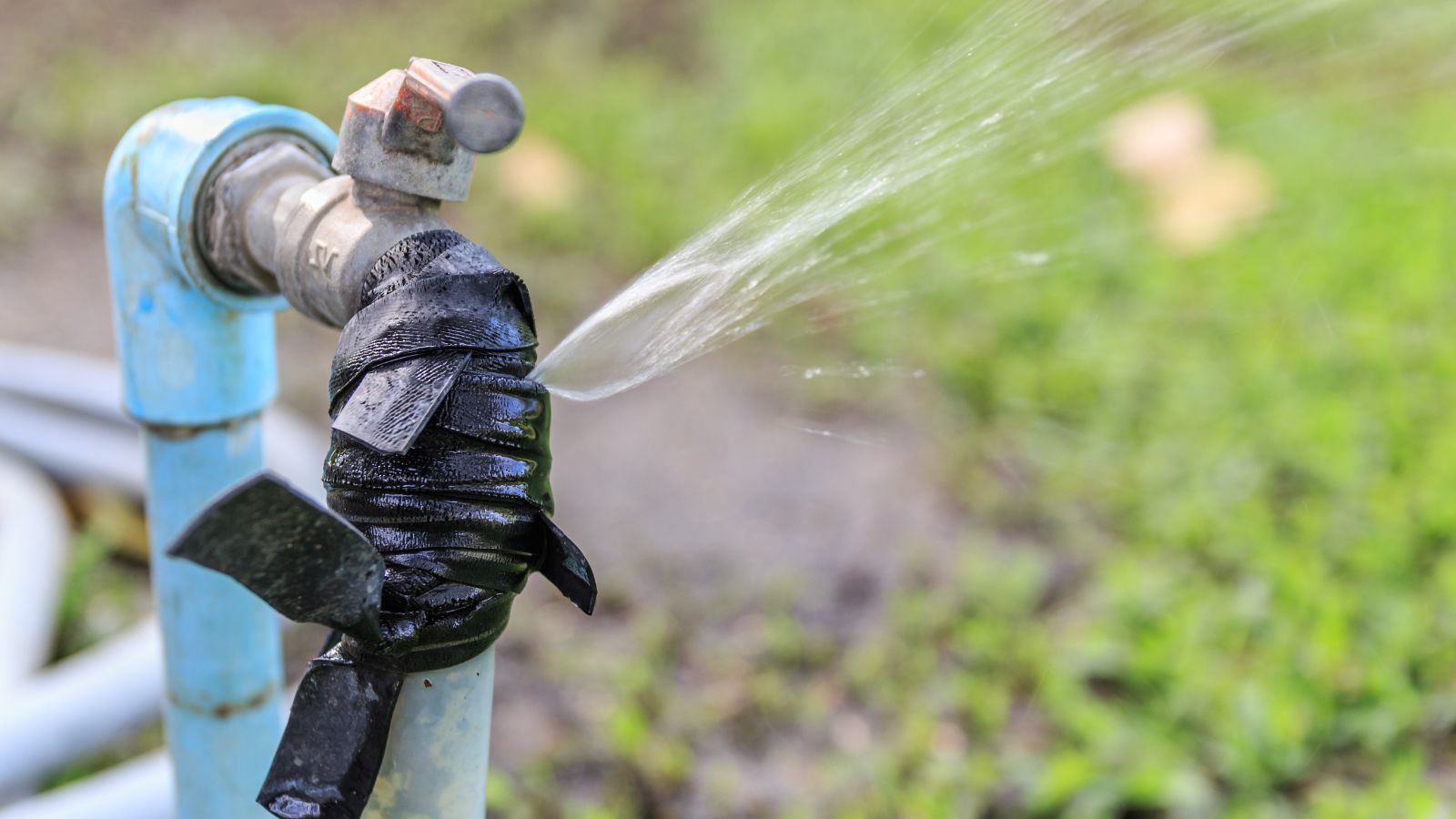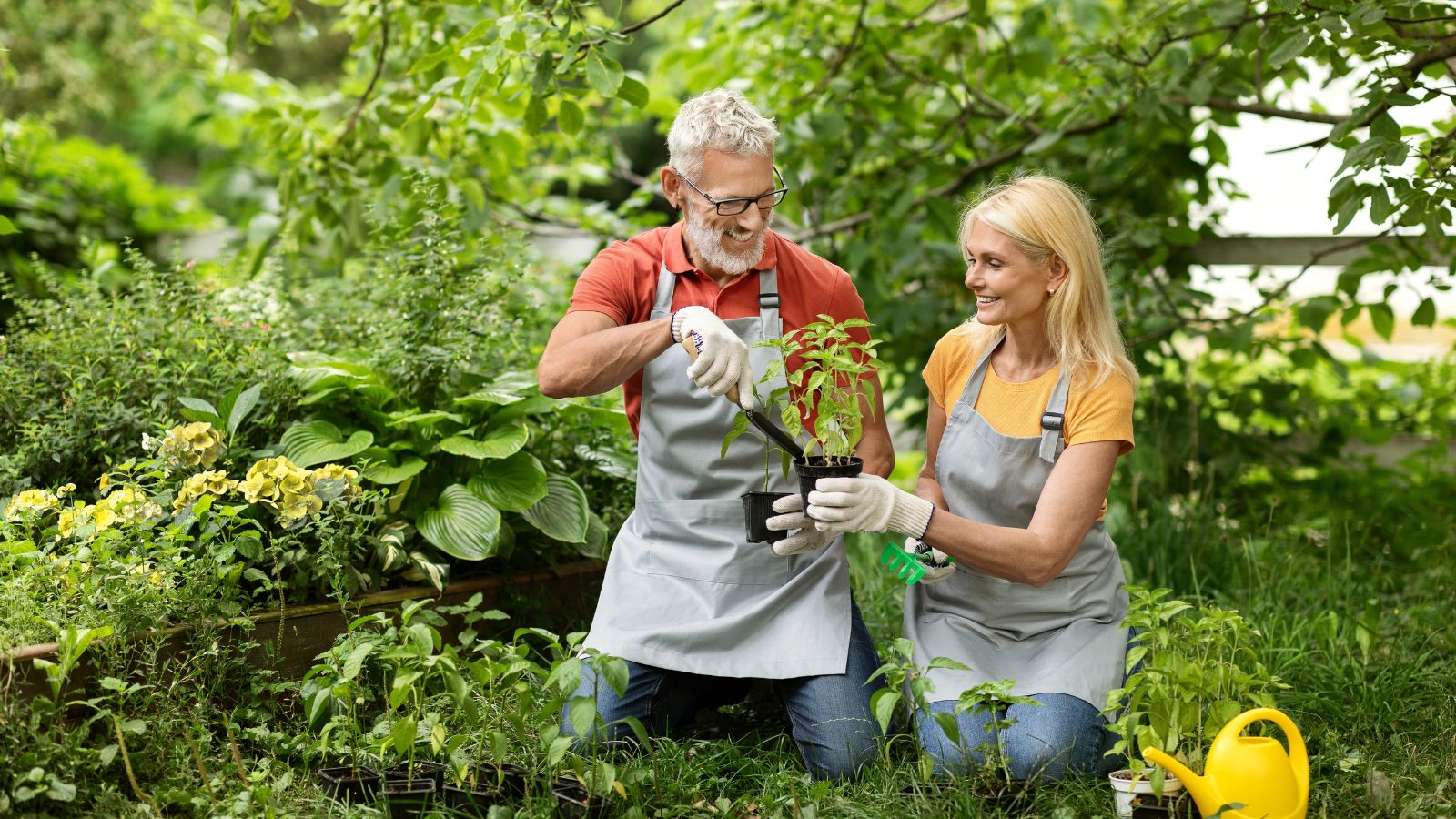As the world becomes more concerned about climate change, adopting eco-friendly habits is very important. There are all sorts of small things that you can change in your day-to-day life to make a difference, but sadly, it’s mainly Gen Z doing this–not boomers. So, here are 16 eco-friendly habits Boomers need to adopt.
Reduce Single-Use Plastics

One of the most positive changes any boomer can adopt today is avoiding single-use plastics, which significantly reduces waste. Green Element recommends opting for reusable shopping bags, water bottles, and food containers whenever possible. These small changes can make a big difference, decreasing the amount of plastic that ends up in landfills and oceans.
Purchase Energy-Efficient Appliances

It’s a smart idea to switch to energy-efficient appliances because this not only conserves electricity but also lowers utility bills. When your old appliances need replacing, look for energy certification labels, and when purchasing new ones, ensure they have a good rating. By making this simple change, you’ll save yourself a lot of cash whilst saving the planet, so it’s a win-win.
Drive Less, Walk More

The UK is a very walkable country, so try to walk instead of driving for short trips. This has all sorts of benefits, helping to reduce carbon emissions, giving you physical activity, and helping your mental health. Incorporate walking into daily routines, such as running errands or commuting, and you will significantly decrease your carbon footprint and enhance your overall well-being.
Support Local Farmers

Instead of buying from big supermarkets, consider buying from local farmers to support sustainable agriculture and reduce transportation emissions. Local produce is often fresher and requires fewer resources to transport, so once again, it’s really a win-win, so there’s no excuse not to.
Conserve Water

Just like with using energy-efficient appliances, reducing water usage helps preserve the precious resource while saving you money. Simple actions like fixing leaks, taking shorter showers, and using water-efficient fixtures can significantly reduce water consumption. These efforts are particularly crucial in British summers when we often face hosepipe bans.
Switch to LED Lighting

If you can’t yet afford to replace your home appliances with energy-efficient alternatives, you can still replace your traditional light bulbs with LED bulbs, which conserve energy and last longer. Don’t be fooled into thinking these are of low quality; that may have been the case years ago, but now, they’re just as high-quality, cheap, and sustainable.
Compost Organic Waste

If you haven’t already started composting organic waste, you should start today. It reduces landfill contributions significantly and creates nutrient-rich soil, helping you to be eco-friendly while showing your garden some love. Kitchen scraps, yard waste, and paper products can all be composted instead of thrown away, so get yourself a compost bin and start today.
Choose Eco-Friendly Cleaning Products

Sadly, many cleaning products are terrible for the environment, so start selecting eco-friendly alternatives to reduce environmental pollution. Natural and biodegradable cleaners are effective alternatives. Making this switch protects your personal health as well as the environment, as many popular cleaning brands are highly toxic.
Reduce Meat Consumption

Perhaps the most impactful way you could become more eco-friendly is to cut down your meat consumption, which lowers greenhouse gas emissions and conserves resources. Incorporating more plant-based meals into the diet can significantly impact the environment. You don’t have to go vegan; even just having No Meat Mondays will make a big difference.
Use Public Transportation

Another eco-friendly habit boomers should start adopting is to use public transportation whenever possible, reducing the number of vehicles on the road and, in turn, decreasing emissions and traffic congestion. Buses, trains, and other public transit options are efficient and eco-friendly alternatives to driving, and they make for a great alternative when a journey is too far to walk.
Plant Trees and Flowers

Simply planting some trees and flowers in your garden will improve air quality dramatically while also providing habitats for wildlife. Trees absorb carbon dioxide and release oxygen, while flowers support biodiversity. Best of all, it will all look and smell beautiful, and you’ll be surprised at the wonders it will do for your mental health.
Recycle Properly

These days, many boomers are lazy when it comes to recycling, which is a shame, as proper recycling practices are essential in ensuring recyclable materials are processed correctly. Sorting recyclables, understanding local recycling guidelines, and avoiding contamination are crucial steps. Take a few minutes to do some research, and this will make a big difference in the long run.
Limit Use of Chemical Pesticides

Just like with cleaning products, it’s a wise idea to reduce or, better still, eliminate the use of chemical pesticides in your garden. Natural pest control methods, such as introducing beneficial insects and using organic sprays, offer safe alternatives to toxic chemical pesticides. This practice helps maintain a healthy ecosystem in your garden while also supporting sustainable agriculture.
Install Solar Panels

There’s no denying that the UK doesn’t get a lot of warm weather, but the sun still comes out a lot, so it’s still worth installing solar panels on your home to reduce reliance on fossil fuels and lower electricity bills. Solar energy is a clean and renewable power source, so making this investment contributes to a sustainable future, saving you money in the long run, too.
Practice Minimalism

When you adopt a minimalist lifestyle, you reduce waste and promote sustainability within your lifestyle. You’ll find yourself focusing on quality over quantity and decluttering regularly, making reducing your environmental footprint effortless.
Educate and Advocate

Above all, the best thing you can do to help eco-friendly efforts is to spread awareness about environmental issues and advocate for policy changes. Engage in community initiatives, talk to your family and friends, and support environmental organizations. After all your effort, there’s no doubt that you’ll be helping to make our beautiful country and planet a greener place.

